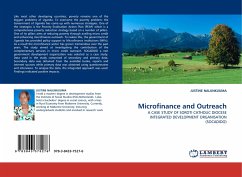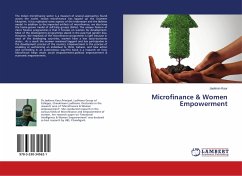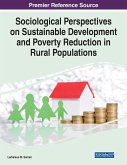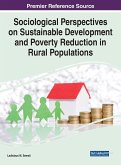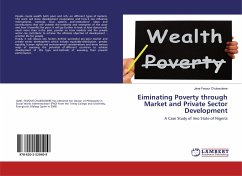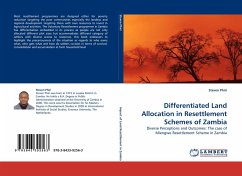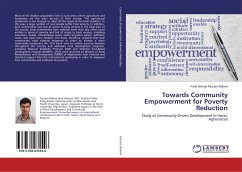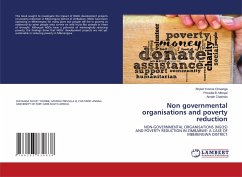Like most other developing countries, poverty remains one of the biggest problems of Uganda. To overcome the poverty problem; the Government of Uganda has come up with numerous strategies. One of the strategies is the Poverty Eradication Action Plan (PEAP) which is a comprehensive poverty reduction strategy based on a number of pillars. One of its pillars aims at reducing poverty through availing micro credit and enhancing microfinance outreach. To realize this, the government of Uganda has provided policy support to Microfinance institutions (MFIs). As a result the microfinance sector has grown tremendous over the past years. The study aimed at investigating the contribution of the complementary services in micro credit outreach. SOCADIDO a non government development organization was selected as a case study. Data used in the study comprised of secondary and primary data. Secondary data was obtained from the available books, reports and internet sources while primary data was obtained using questionnaires and interviews. To analyse the data, the integrated approach was used. Findings indicated positive impacts.
Bitte wählen Sie Ihr Anliegen aus.
Rechnungen
Retourenschein anfordern
Bestellstatus
Storno

